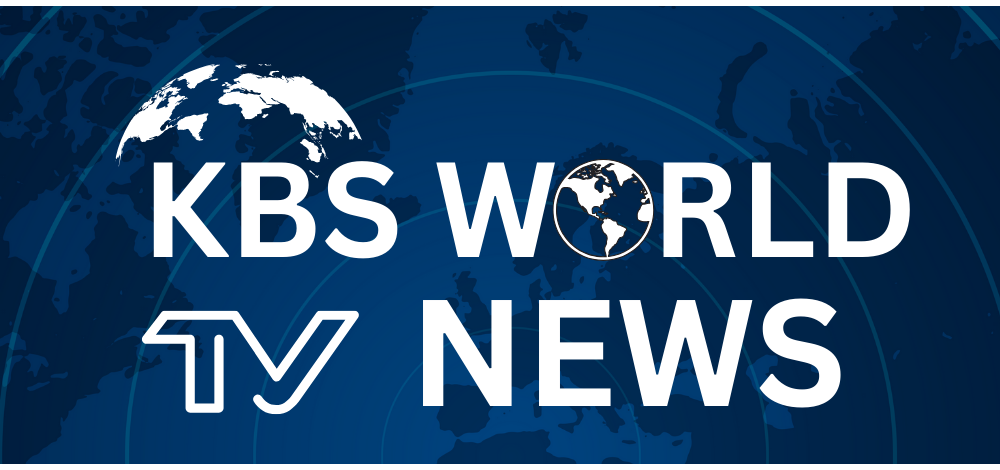At the United Nations, US President Donald Trump laid the blame for the prolonged conflict in Ukraine squarely on India and China, accusing them of fueling “Putin’s war machine” with their continued purchases of Russian oil. The speech framed India’s economic policy as a direct contributor to global instability and bloodshed.
In his address to world leaders, Trump did not mince words. He identified India and China as the “primary funders” of the war, a statement that dramatically escalates Washington’s pressure on New Delhi. This public condemnation on the world’s most visible stage marks a new and aggressive phase in the US campaign to isolate Russia economically.
The President’s rhetoric is supported by a policy of economic coercion. He pointed to the heavy tariffs imposed on India—now totaling 50% on imports—as a tool to force compliance. He also urged European nations to tighten their own sanctions and suggested that a powerful new round of tariffs on buyers of Russian products could “stop the bloodshed… very quickly.”
This accusation ignores India’s stated rationale for the purchases: securing affordable energy for its vast population in a volatile global market. Indian officials have also previously noted the irony that the US had, early in the conflict, quietly encouraged India to buy Russian crude to prevent global prices from skyrocketing, a nuance entirely absent from Trump’s speech.
Alongside the Ukraine-related criticism, Trump also revisited his claim of having single-handedly stopped an India-Pakistan war, a narrative India rejects. The dual attacks have created a significant diplomatic rift, challenging the narrative of a deepening US-India strategic partnership and forcing the Modi government to defend its foreign and economic policies against a hostile and unpredictable American administration.



